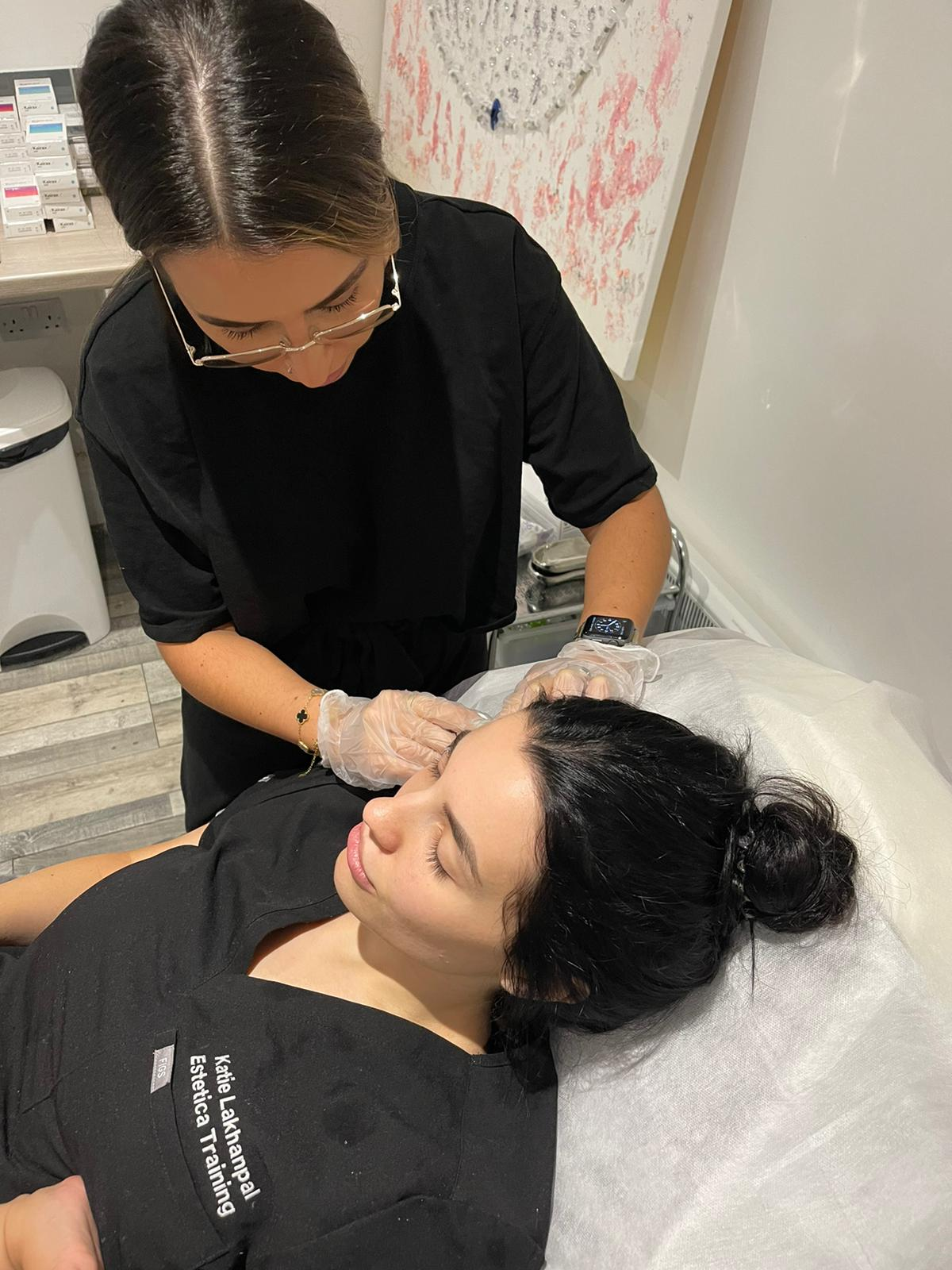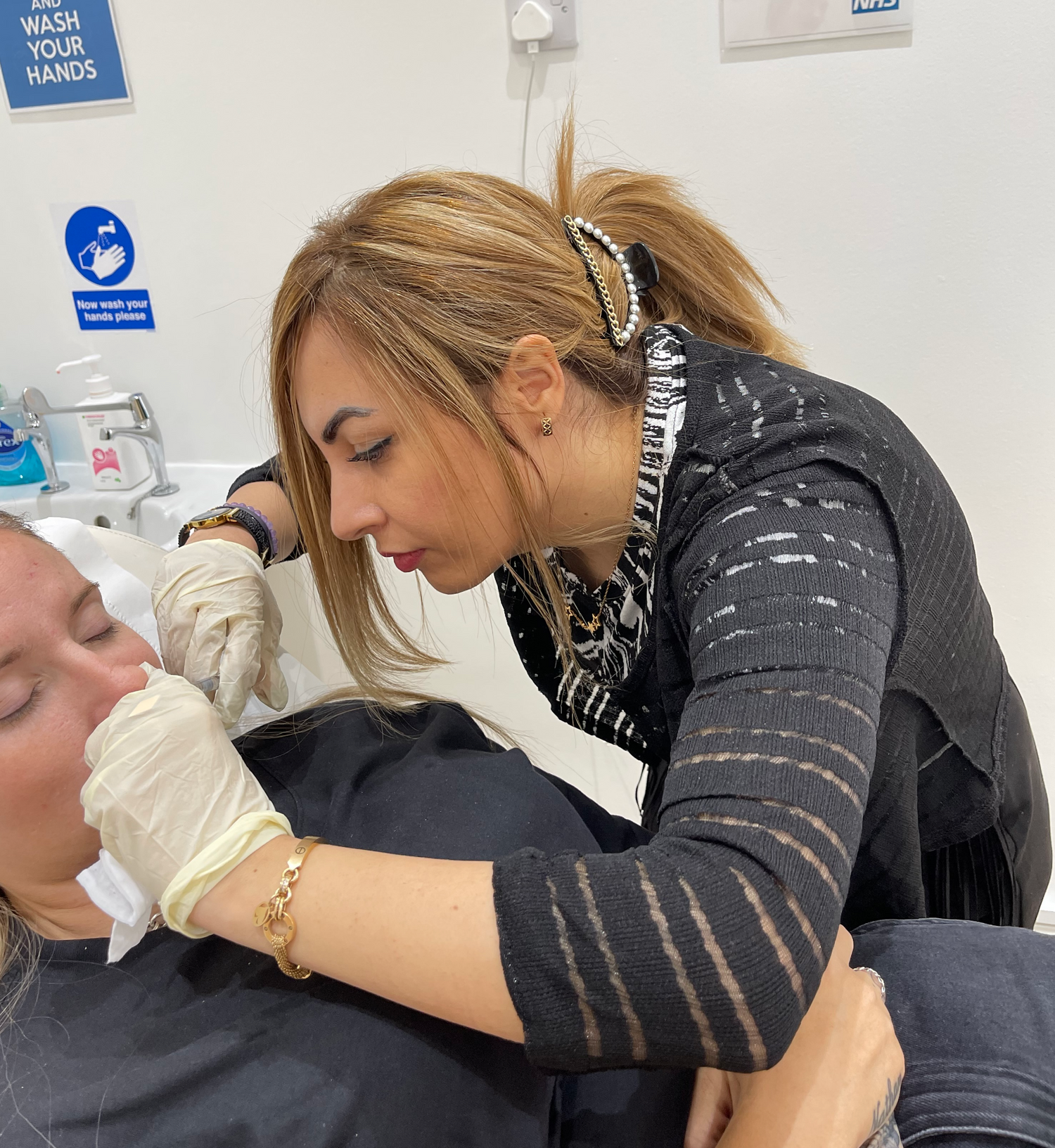Estetica Academy
Polynucleotides Training
Polynucleotides Training
Couldn't load pickup availability
Payment plans available for all our courses. Train and pay later with a 20% booking fee.
Course Description
This innovative technique encompasses a range of benefits that contribute to a revitalized and youthful complexion. Delving into the realm of polynucleotides unveils a wealth of information on the cutting-edge advancements in skin care, paving the way for the next generation of rejuvenation methods.
Polynucleotides emerge as a cutting-edge frontier in potent anti-aging solutions, backed by scientific evidence showcasing their ability to regenerate the skin. Boasting natural, compatible, and biodegradable properties, Polynucleotides elevate fibroblast growth, enhance hydration levels, stimulate collagen production, improve tissue oxygenation, boost skin elasticity, and facilitate DNA repair.
FAQs
Which areas do you cover?
Tear troughs/eye lid skin
Perioral lines
Peri buccal
Nasolabial lines
Hair loss
How do Polynucleotides works?
DNA fragments smoothly assimilate into the skin, leaving no lumps behind. Once integrated into the skin, they initiate signaling processes in three primary ways. Initially, they prompt the multiplication and heightened activity of fibroblast cells, enhancing cell renewal, collagen production, hydration levels, and imparting a radiant glow to the skin. This leads to increased resilience, improved elasticity, and a reduction in the appearance of wrinkles.
Secondly, these fragments serve as potent antioxidants, scavenging free radicals that typically cause cellular damage. Thirdly, they act as agents for wound healing, signaling the skin to undergo intensive repair. This contributes to the improvement of scars, reduction of stretch marks, and addressing concerns related to skin texture. As the skin enters repair mode, discoloration diminishes, resulting in a more even tone. Additionally, polynucleotides generate a subtle increase in volume and overall tightening.
The outcomes of the treatment hinge on several factors. Firstly, the extent of skin aging before the procedure. Secondly, the skin's capacity to regenerate high-quality tissue when stimulated. Thirdly, lifestyle choices play a role in influencing the overall results.
How is the treatment done and how long do they take to work?
Polynucleotides have demonstrated their efficacy in enhancing both the texture and function of the skin, making them suitable for various skin regions, including the scalp for promoting hair regrowth. Whether targeting specific zones like the under-eye, forehead, or mouth, or addressing the entire face, polynucleotides prove effective in rejuvenation. They also offer notable benefits for neck and decolletage revitalization, addressing multiple concerns. On the body, areas such as loose skin on the abdomen, above the knees, or inner arms can benefit from polynucleotide treatments.
One notable advantage of polynucleotides, especially in comparison to hyaluronic acid, is their ability to avoid causing water retention. In the under-eye region, polynucleotides contribute to enhancing skin strength and integrity, providing an alternative or precursor to tear trough treatment with dermal fillers. To determine the most suitable course of treatment, it is advisable to undergo a face-to-face consultation for a thorough assessment of the targeted area.
Will I practice on live models and where is this course held?
Yes all students practice on live models and this course is held in Marylebone, Central London.

Why Estetica?
-
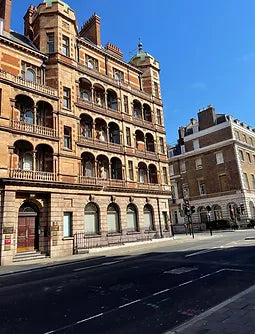
Based in the Heart of London
Our training centre is a stone's throw from Harley Street, which is world renowned for medical excellence.
-
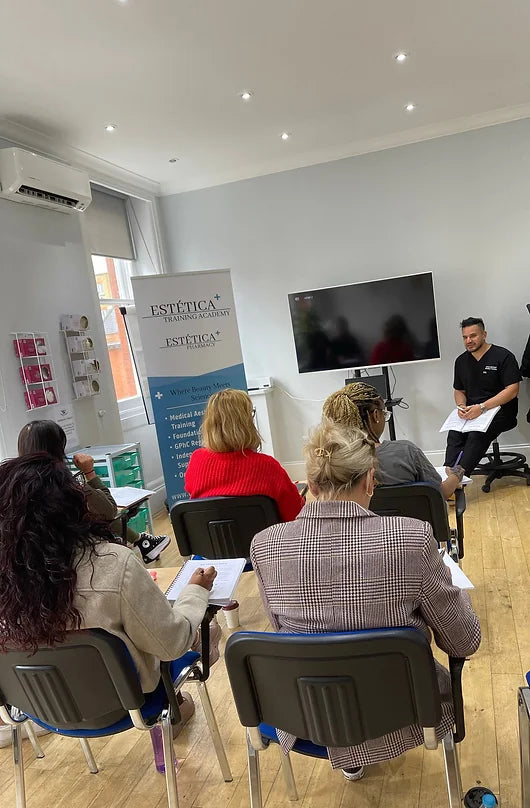
CPD Accredited
All face to face and online courses are CPD accredited, meaning you'll be eligible to work within the UK.
-
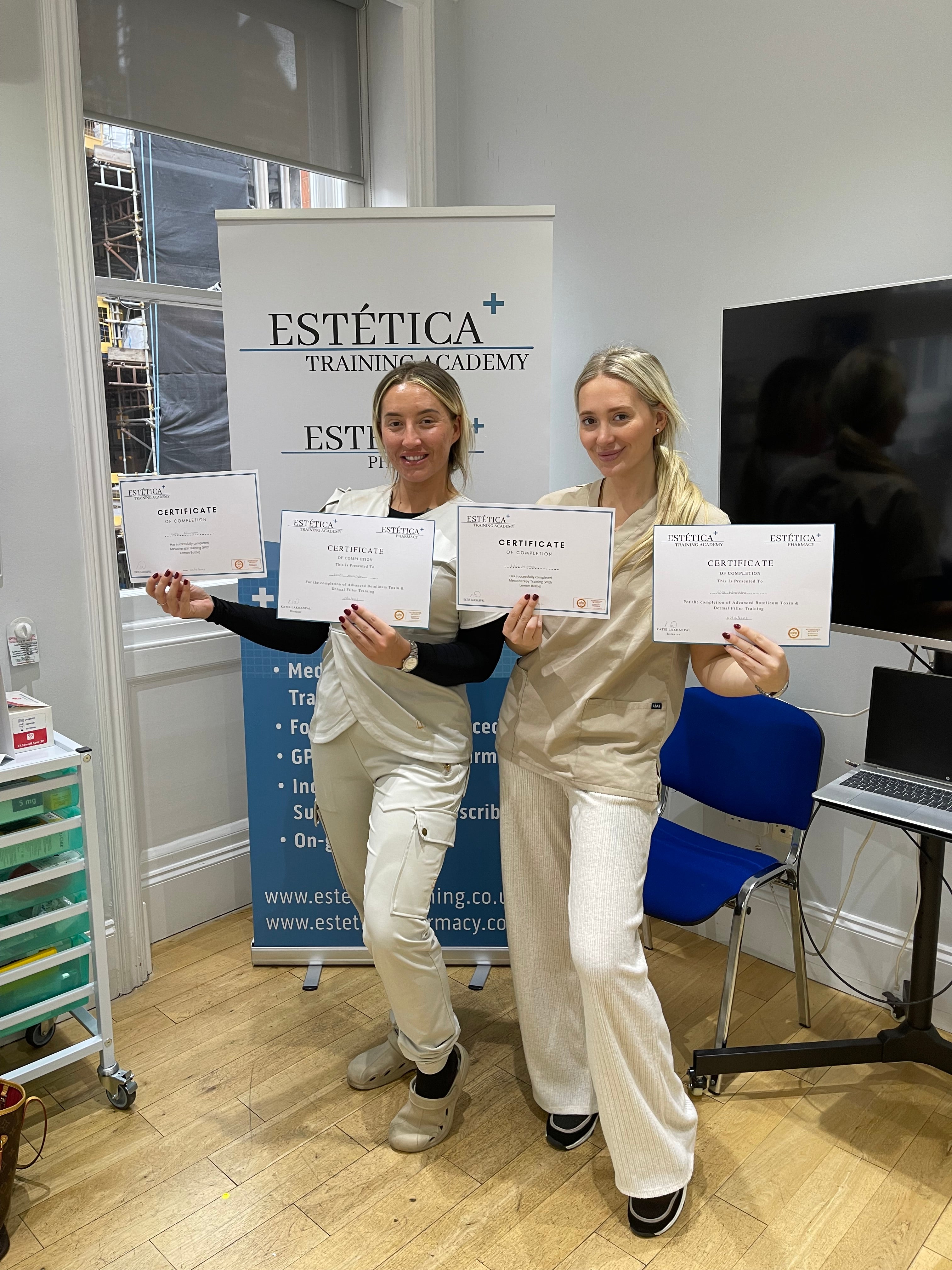
Over 5000 Successful Students
With years of experience, our trainers have passed on our knowledge and experience of the Aesthetics industry to over 5000 students.





